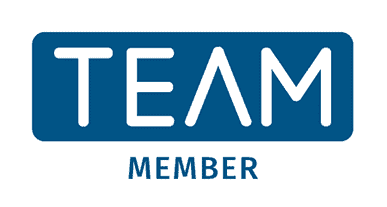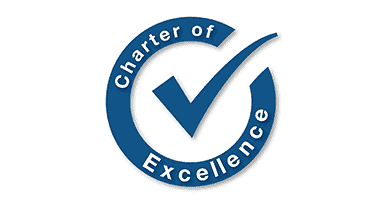Property management is a multifaceted role that involves a variety of skills. It requires managing tenants, maintaining properties, and ensuring the profitability of the investment.
If you’re a property manager or planning to become one, you must possess a specific set of skills to excel in your role.
Take a look at the top 5 skills every property manager should have
Communication Skills
Effective communication skills are essential for any property manager. You must be able to communicate clearly and effectively with tenants, owners, vendors, and colleagues.
Communication skills also include active listening, understanding concerns, and addressing needs promptly. Good communication skills can help you build long-lasting relationships with tenants and property owners.
Attention to Detail
Property management involves managing a lot of details, from lease agreements to property maintenance. You must have a sharp eye for detail to ensure that everything is in order. Attention to detail also includes maintaining accurate financial records and keeping track of important dates such as lease renewals, property inspections, and rent collection.
Time Management
Property management can be a time-consuming job. As a property manager, you will be responsible for handling multiple tasks simultaneously, from property maintenance to lease renewals. Effective time management skills can help you prioritise tasks, meet deadlines, and stay organised. It can also help you avoid burnout by ensuring that you have enough time for your personal and professional life.
Technical Knowledge
Property management involves working with a variety of technical systems, including property management software, accounting software, and maintenance management systems. You must have a good understanding of these systems to manage properties efficiently. Technical knowledge can also help you identify areas where you can improve the property's performance.
Flexibility
Property management can be dynamic, with unexpected events and emergencies requiring quick action. You must be flexible and adaptable to handle these situations. Flexibility also means being open to new ideas and methods, and willing to learn from others. It can help you build resilience and navigate the challenges that come with property management.
In conclusion, property management requires a range of skills, from communication to technical knowledge. By developing these essential skills, you can excel in your role as a property manager and ensure the success of your properties. If you are planning to become a property manager, make sure to develop these skills and stay up-to-date with the latest trends and technologies in the field.
The Ambitious Group is a specialist property and legal recruitment agency. If you are looking for your next Property Management job, click here to view our latest jobs or get in touch today to find out how we can support your job hunt.






